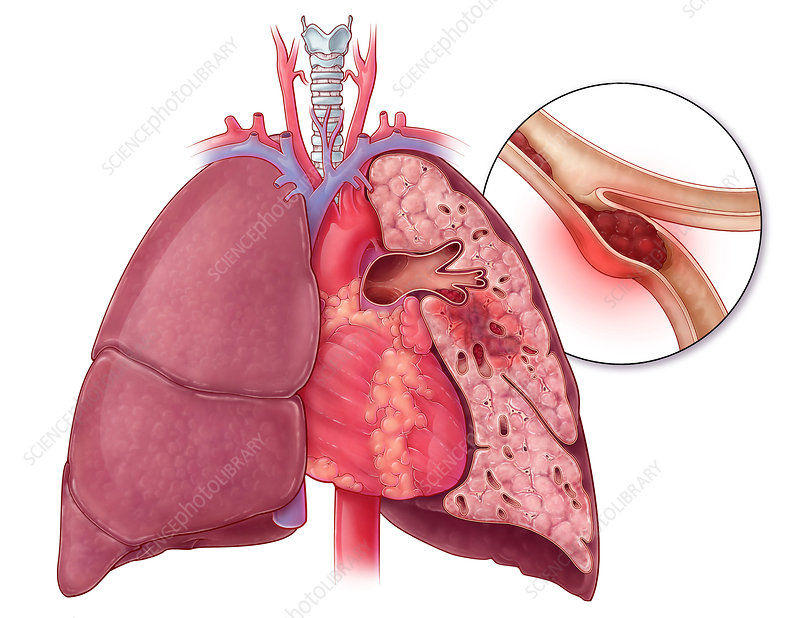Professor Pallav Shah
Respiratory Consultant
Specialist expertise: COPD, Emphysema, Asthma, Bronchoscopy, EBUS, Lung Cancer Screening, Respiratory Medicine.
Haemoptysis refers to coughing up blood from the lungs or bronchial tubes.

Haemoptysis refers to coughing up blood from the lungs or bronchial tubes (the tubes that bring air to your lungs).
It does not include having blood in your saliva due to bleeding in your mouth, upper airway or from vomiting of blood from your gut.
One of the most common causes of haemoptysis is an infection of the bronchi (the large tubes going down to your lungs), known as bronchitis. Another common cause is bronchiectasis, a disease where the large airways in your lungs are damaged.
Other causes of haemoptysis include:
Sometimes, doctors cannot find the cause.
Haemoptysis is managed according to the amount and rate of bleeding and how sick you are. If your condition is life threatening, you may need urgent treatment before any investigations are done.
To find out the cause of your coughing up blood, your doctor will ask you questions about your cough. These may include the following:
You will probably be asked about your past and current medication and conditions, and whether you smoke.
Your doctor will check you for any signs of diseases that can cause you to cough up blood. They may take your temperature to check for an infection and look up your nose to make sure the bleeding is not from there.
Depending on your condition, you may be asked to have a chest x-ray or CT scan to detect any problems. You may also be asked to have a bronchoscopy, which is a procedure to see the inside of your airways and lungs.
If a blood clot in your lung is suspected, you may need a lung ventilation-perfusion scan, which looks at air flow and blood flow in the lungs.
Other tests that may be done include blood tests and a test to look for infection-causing bacteria in your saliva.
The type of treatment you may receive will depend on the cause of your coughing up blood. For example, if a bacterial infection is the cause, you will probably be treated with antibiotics.
In severe haemoptysis, you may need a surgical procedure to stop the bleeding before the cause is found.
Currently selected day
Available consultations
We’ve invited the UK’s best respiratory specialists to join us as partners, with the freedom to make design and delivery decisions based on what’s best for patients.